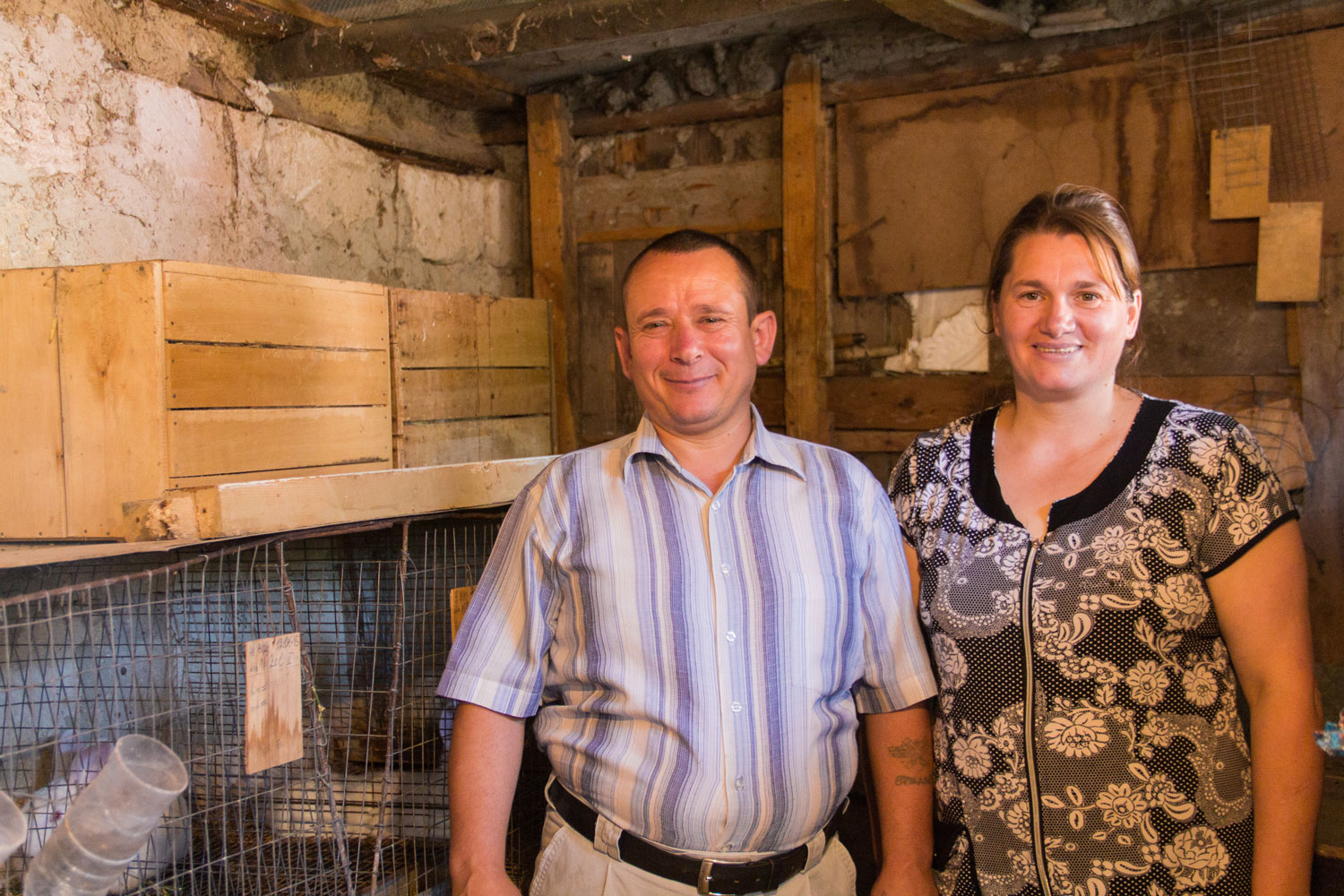In the seven years since Peter Greer and Phil Smith released The Poor Will Be Glad, HOPE has learned a lot about working with families in underserved communities to help them flourish. Peter and Phil have updated their book, retitled Created to Flourish, and we’d like to share these valuable learnings with you. Here’s an excerpt from Chapter 4 about the power of jobs in fighting poverty.
When we engage in employment-based solutions, the benefits of employment extend to future generations. Outside a small office in Trou-du-Nord, Haiti, I saw several boys with homemade kites. Using a plastic bag, some string, and a few sticks, these three boys constructed kites capable of expertly navigating tangled power lines and two-story buildings. I could see other kids watching and learning from their example. Other children saw what was possible, and there grew a prestige factor in who could get his kite the highest.
In the same way, I’ve seen community members improve their lives, motivating other community members to action through their hard work. If my neighbors can pull their families out of poverty, why can’t I? Essentially, they are pushing the limits of what is possible, and from very little they are making kites that can fly higher and higher.
Employment decreases the need for never-ending support. There is an exit strategy for any external assistance provided. Many churches are beginning to recognize that their international assistance has built churches, trained pastors, fed the hungry … and somehow created a web of dependency from which there is no way out. They have not built the surrounding economic infrastructure to ensure the longevity of these worthy efforts.
Contrast this type of situation with Jacob Timos’ experience in Moldova. While Moldova is one of the poorest countries in Europe, with almost 22 percent of Moldovans living below the poverty line, Jacob is an example of someone using business to help both his family and community move forward. In 2004, Jacob took out a $400 loan from Invest-Credit, a local, Christ-centered organization, to buys six rabbits. Since then, Jacob has used subsequent loans to expand his business, and he currently sells over 300 rabbits a year, both in Moldova and in neighboring European countries.
Jacob uses his business to minister to others. Rather than focusing on competition, Jacob donates rabbits to other families interested in starting their own business. He builds a partial refund into his business model and asks customers to donate this amount to their local church. This surprising policy leads many of his customers to ask questions, prompting several conversations about faith. One customer heard the Gospel when she went to church to donate the refunded money—and then accepted Christ! A pastor as well as a farmer, Jacob deeply believes in the power of business to create change:
So many believers run businesses here, create jobs for others, and provide services for the community.

Download your free copy of Created to Flourish to read more about how employment-based solutions are helping fight poverty.
















